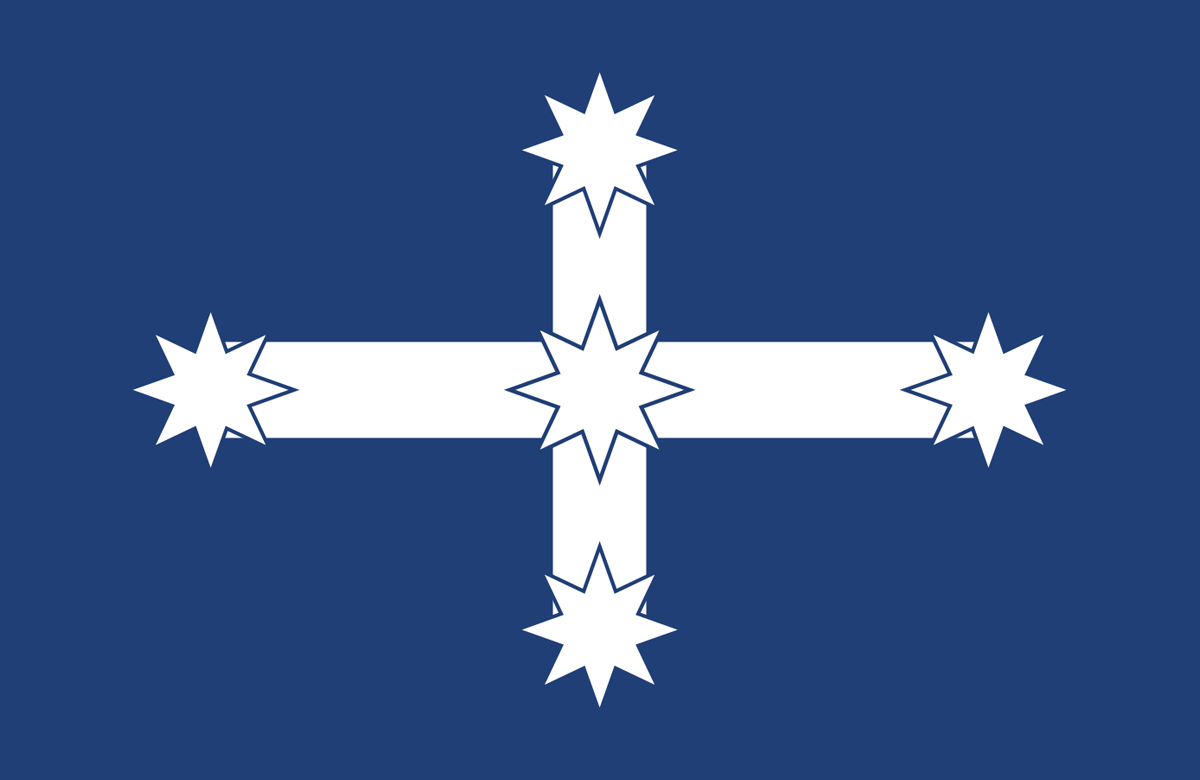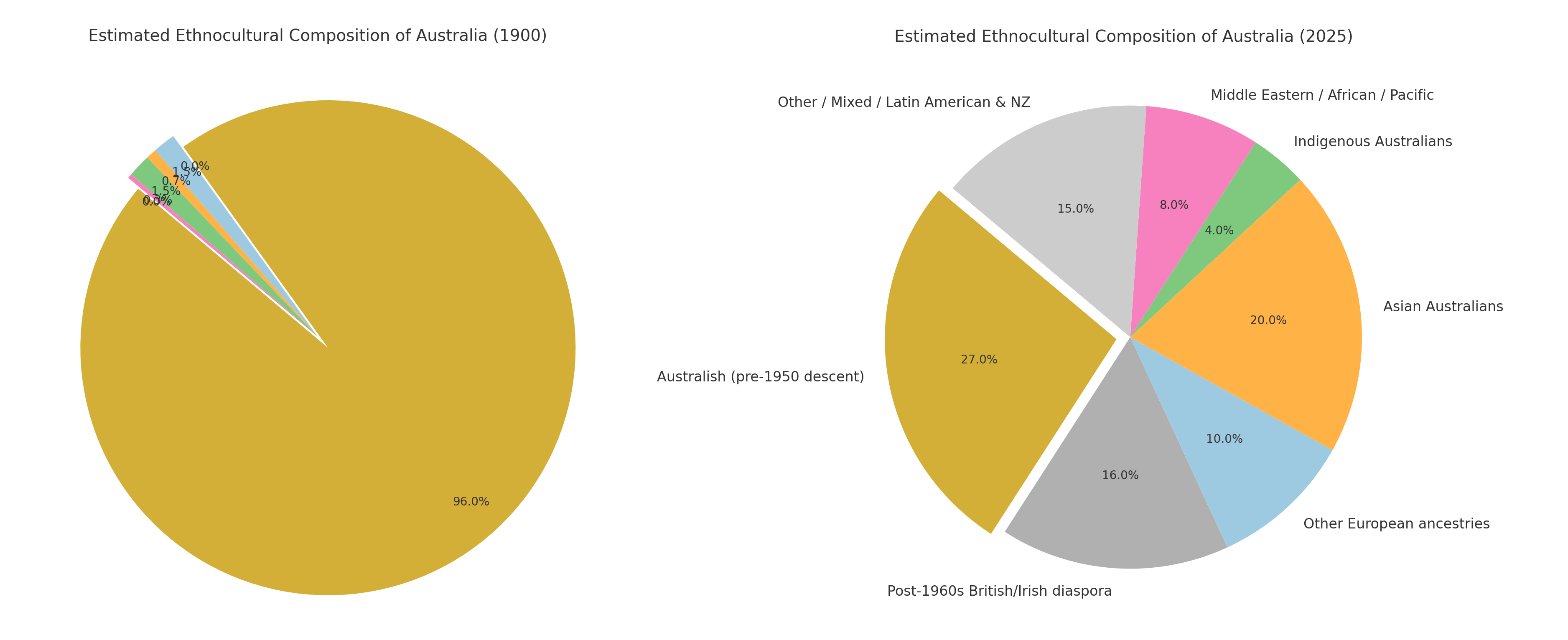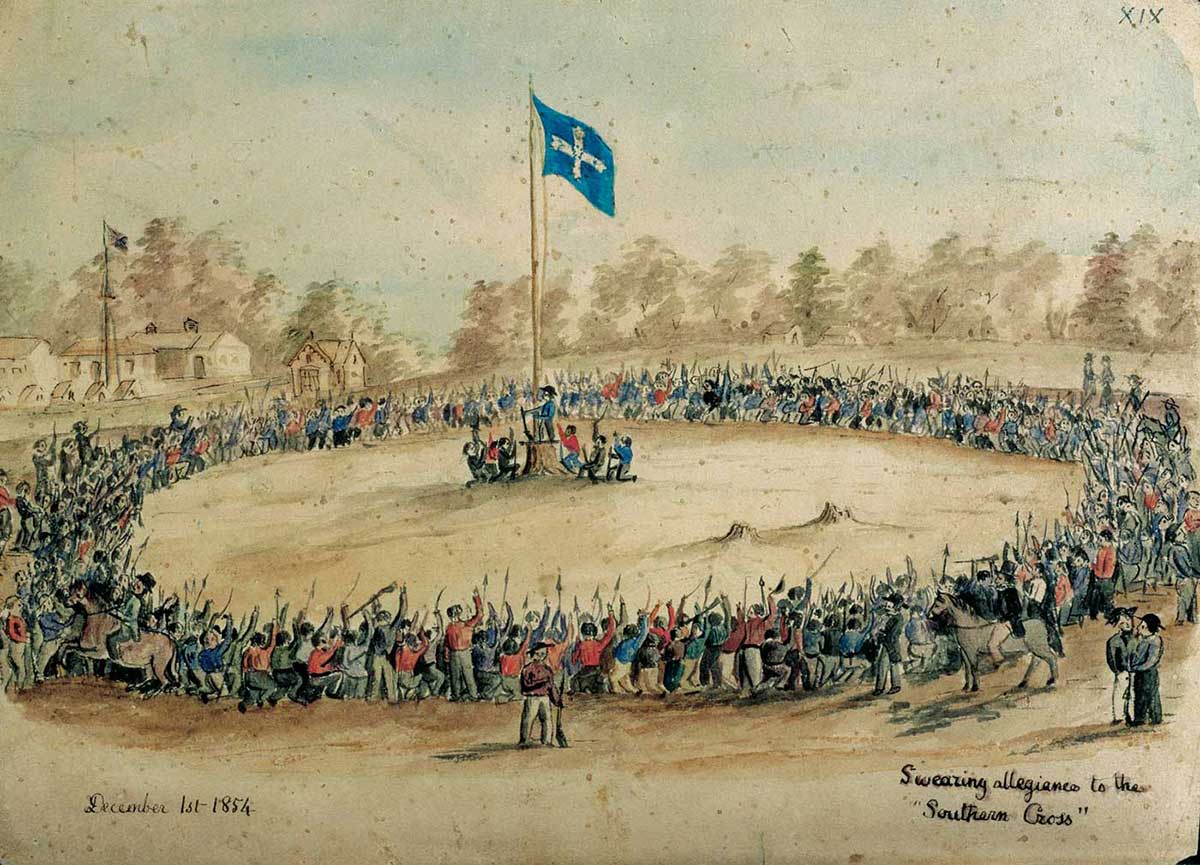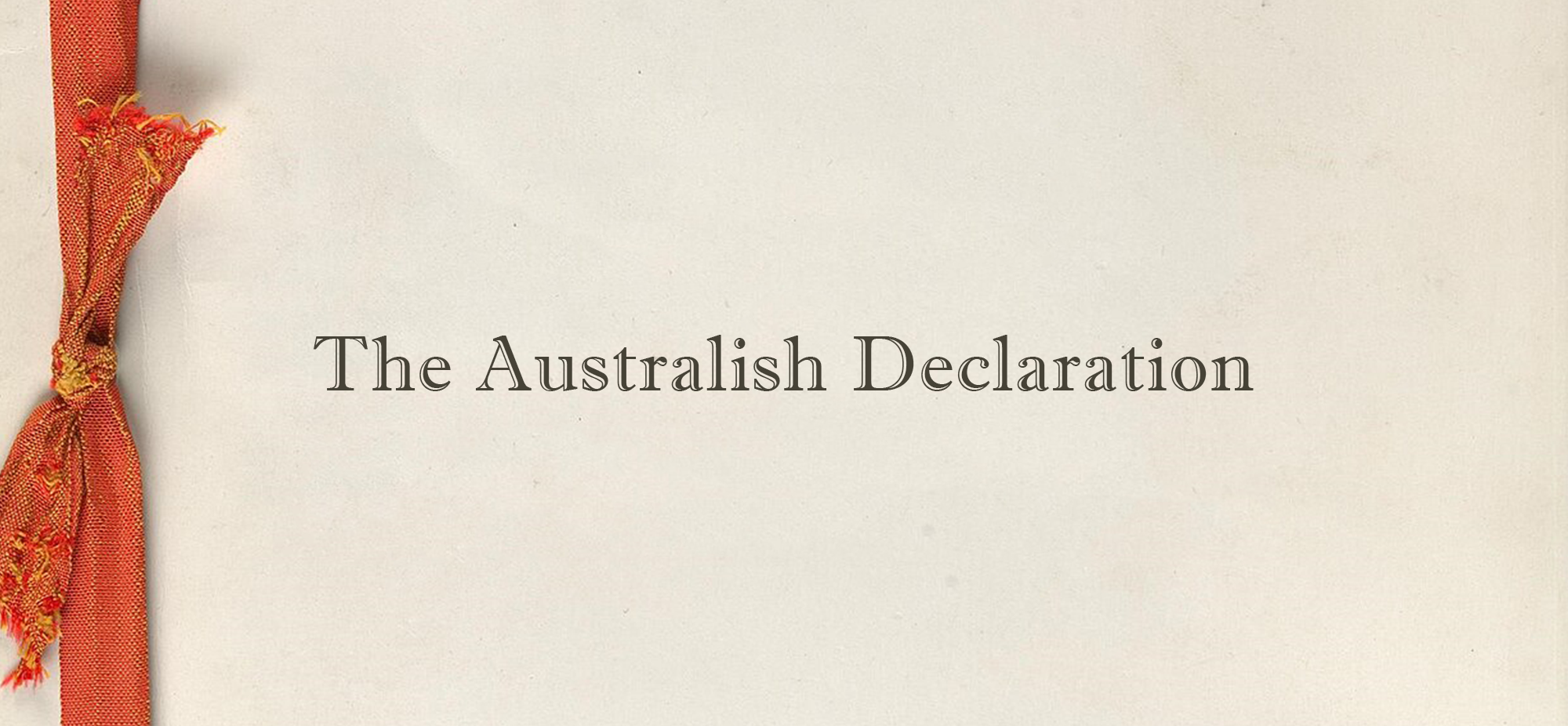

WE ACKNOWLEDGE OURSELVES.
AND SHALL BE ACKNOWLEDGED.


The following Substack article provides the background and intent of this project. Visitors are encouraged to read it first, before exploring the website that develops and extends its vision. Australish: An Ethnocentric Rights-Based Strategy for Legal Empowerment for the Australian Right. The paper proposes that the Australian right adopt a human rights–based strategy grounded in an ethnogenesis argument — that the ethnohistorical Australians constitute a distinct minority people within the Commonwealth. By asserting this status within existing international and domestic rights frameworks, they may seek lawful recognition and institutional parity, as other groups have successfully done. The Australish Rights Council serves as the vehicle through which this strategy is to be enacted, supported by a civil-rights movement emerging from the right.
THE AUSTRALISH RIGHTS COUNCIL seeks formal recognition of Australia’s historic ethnocultural founding people — a distinct people descended from the early British settlers, who meet the recognised definition of a people in international doctrine: a shared origin, a culture grown in a specific territory, and a common civic inheritance. Such recognition allows a people to be politically represented and for their continued existence to be secured.
Under Article 1 of the International Covenant on Civil and Political Rights, all peoples possess the right of self-determination; and under Article 27, minorities are guaranteed the right to preserve their culture, language, and continuity within the states they inhabit. The Australish therefore hold these rights concurrently — as a native people and as a minority within the Commonwealth.
Through legal and policy advocacy, we trace Australia’s constitutional development, identify systemic obstacles, and make a rights-based case for recognition and self-determination within the Commonwealth.

Our case is simple: to secure political representation and continuity protections for the historic ethnocultural community that founded Australia — who now comprise barely one in four citizens — within the constitutional framework of the Commonwealth.
The Declaration was issued, and the Council came into existence in principle. Foundational materials, website, and operational systems established to support future phases.
Public discussion, outreach, and coordinated advocacy to build momentum toward recognition. Release the edited book providing the intellectual basis for a lawful civil rights movement.
Two petitions will be lodged with the House of Representatives: the first seeking acknowledgment of the Australish people within the Commonwealth’s heritage framework; the second affirming their dual rights of self-determination and minority continuity within the Commonwealth order.
Incorporate the Council as a Company Limited by Guarantee and register under the ACNC Human Rights category.
Pursue statutory recognition within Commonwealth law, issue the White Paper, press the Ledger at Eureka, activate the Correspondence Office, and begin implementing the Strategic Plan.
Achieve statutory recognition within Commonwealth law, securing the Council’s standing as the representative body of the Australish people. Establish custodial authority over designated heritage and ceremonial sites under lawful heritage and property frameworks. Formalise cooperation with government and cultural institutions, ensuring the continuity of Australish presence in law, land, and civic life.
Develop the network of Australish Heritage Localities into a consolidated civic region under lawful custodianship. Acquire land, establish memorial and cultural institutions, and found an Australish City-Region as the enduring centre of lineage, education, and ceremony. Integrate custodial charters with Commonwealth heritage law to ensure perpetual continuity in place, culture, and record.
The Australish Rights Council is preparing to lodge a formal petition to the Parliament of the Commonwealth, seeking acknowledgment of the Australish people within the national heritage framework. Join our mailing list to be notified when the petition is live and invited to affirm support. This act marks the first public correspondence between the Australish people and the Commonwealth.
Under Article 1 of the International Covenant on Civil and Political Rights, to which the Commonwealth of Australia is a signatory, all peoples possess the right of self-determination. This right does not originate from government but from peoplehood itself: it belongs to every distinct people by virtue of their existence. Under Article 27 of the same Covenant, minorities are likewise guaranteed the right to preserve their culture, language, and continuity within the states they inhabit.
The Australish, being a historic ethnocultural people formed on this soil, therefore hold both rights concurrently: the right of self-determination as a people and the right of minority protection as a community now reduced to roughly one in four citizens within their own homeland. The Australish Rights Council exists to exercise these rights through lawful form — ensuring that recognition, representation, and continuity are secured within the Commonwealth framework.

The Australish now constitute a clear minority within their own nation — roughly one quarter of the population — meeting every accepted international criterion of a minority: distinct ethnicity, numerical inferiority, and non-dominant status. Their exclusion from census categories, heritage policy, and institutional recognition has rendered them statistically invisible — a people erased not by conquest but by omission. Under these conditions, the call for representation is not a demand for privilege but the correction of a structural absence. The establishment of the Australish Rights Council therefore stands as the lawful means by which Australia’s unrecognised founding minority seeks to secure its continuity and rightful standing within the Commonwealth order.
Furthermore, Australia may have one citizenship, but it does not follow that it has only one people. As seen in Canada, South Africa, or the United Kingdom, a single state can lawfully contain multiple historic peoples, all sharing citizenship while maintaining distinct inherited identities. “Australian” is a civic category — a multicultural legal status open to any person granted citizenship, regardless of ancestry or culture. A person may hold Australian citizenship while possessing only the language, customs, and identity of their ethnic people, and this does not affect how "Australian" they are. By contrast, “Australish” is not a civic status but an ethnocultural one, inherited through descent from the founding settler population. If every Australish citizen were removed from Australia, and the population that remained still held Australian citizenship, the country would be just as Australian as it ever was. This illustrates how “Australian” is a civic identity, while “Australish” names an ethnocultural people — one whose existence is not guaranteed simply by the maintenance of the state.

The Eureka Rebellion — when Australish men first raised a flag in rebellion against rule without representation. Today, unauthorised public use of that same flag is prohibited under Federal Court order, while no such prohibition applies to the Aboriginal or Torres Strait Islander flags.
The Australish people — as with any people — cannot be represented until they are recognised in law. If no formal body exists, then legally the Australish people do not exist — and what does not exist cannot be represented. Without legal recognition, their interests cannot be heard, and without representation, their decline proceeds without objection or record until culminating in erasure. Recognition grants standing — the status required to be considered in law, to enter public record, to petition formally, and to secure priority in decisions that distribute power and resources. Without standing, a people will be excluded entirely from consideration in every institutional decision — which is the current state of affairs.
To gain that standing, a people must first speak through an institution that can be recognised in law. For that reason, we have prepared the Australish Declaration, a founding charter of intent to begin the establishment of the Australish Rights Council — a civic body grounded in treasury, ledger, and defined milestones, so that representation for the native founding population of Australia begins not as sentiment but as structure.

The Australish people stand today without recognition in the Commonwealth they founded. A people unrecognised is a people already being erased.
Under the International Covenant on Civil and Political Rights, the rights of a people to self-determination (Article 1) and of a minority to preserve its culture and continuity (Article 27) are recognised in law. The absence of recognition therefore constitutes not a political misfortune but a breach of obligation: a people cannot be said to enjoy these rights if it possesses no lawful means to exercise them. THE AUSTRALISH DECLARATION answers that deficiency by providing form through which existing rights may be lawfully exercised.
The Declaration marks the moment a people organises itself and hereby founds the Australish Rights Council — first as a civic body grounded in treasury, ledger, and witness, and in time to be established as a statutory body in Commonwealth law. This Charter of Intent sets the ordered path by which a people passes from sentiment to structure, from private conviction to representation, from scattered voices to a recognised Council able to stand in law and in public record. Power in the Commonwealth is exercised according to established norms and mechanisms. Sentiment, protest, activism, and even a voting majority, without institutional form, do not enter those mechanisms. Only through deliberate navigation of recognised structures can a people take part in the processes by which representation and authority are allocated. Put simply: the system has rules, and only those who organise according to them are heard by it.
The Council’s STRATEGY PLAN accompanies this Declaration as its working instrument — setting out the staged goals, mechanisms, and institutional milestones by which the Declaration passes from proclamation to established authority. It includes a Petition and Public Challenge phase, authorising formal correspondence with Parliament once the Witness Roll is sufficiently established.
In issuing these documents, the Australish people form their Council in principle. Even before any law is passed, such a Council carries real authority — because a people who organise, keep a ledger, and hold a treasury are already exercising representation. In doing so, they move from possessing rights in principle to exercising them in fact — transforming abstract entitlement into institutional presence. The mid-term objective is statutory recognition: that a future Act to Constitute the Australish Rights Council would recognise both the Council and the Australish people themselves in Commonwealth law — affirming their standing as a historic ethnocultural community and securing in statute the dual rights of self-determination and minority protection that already exist in principle.
Contributions from members and supporters are not donations of sentiment but acts of institution. Each entry into the Treasury advances the Council from declaration to embodiment — funding the legal and material steps required for the Council to exist in law, in record, and in public standing. Through these acts, the Australish seek the fulfilment of both their inherited rights as a people — the right of self-determination, and the right of minority continuity and protection within the Commonwealth. All contributions are entered into the open Ledger and applied exclusively to the milestones set out in the Strategy Plan.
Funds given at this stage are private founding contributions toward the establishment of the Council. The Council is in formation and not yet incorporated. All contributions will be recorded in the Founding Treasury Ledger. No tax deductions apply.
Please direct all enquiries to robertrosina@outlook.com.au. You can also reach out on X: @Rob_Rosina.